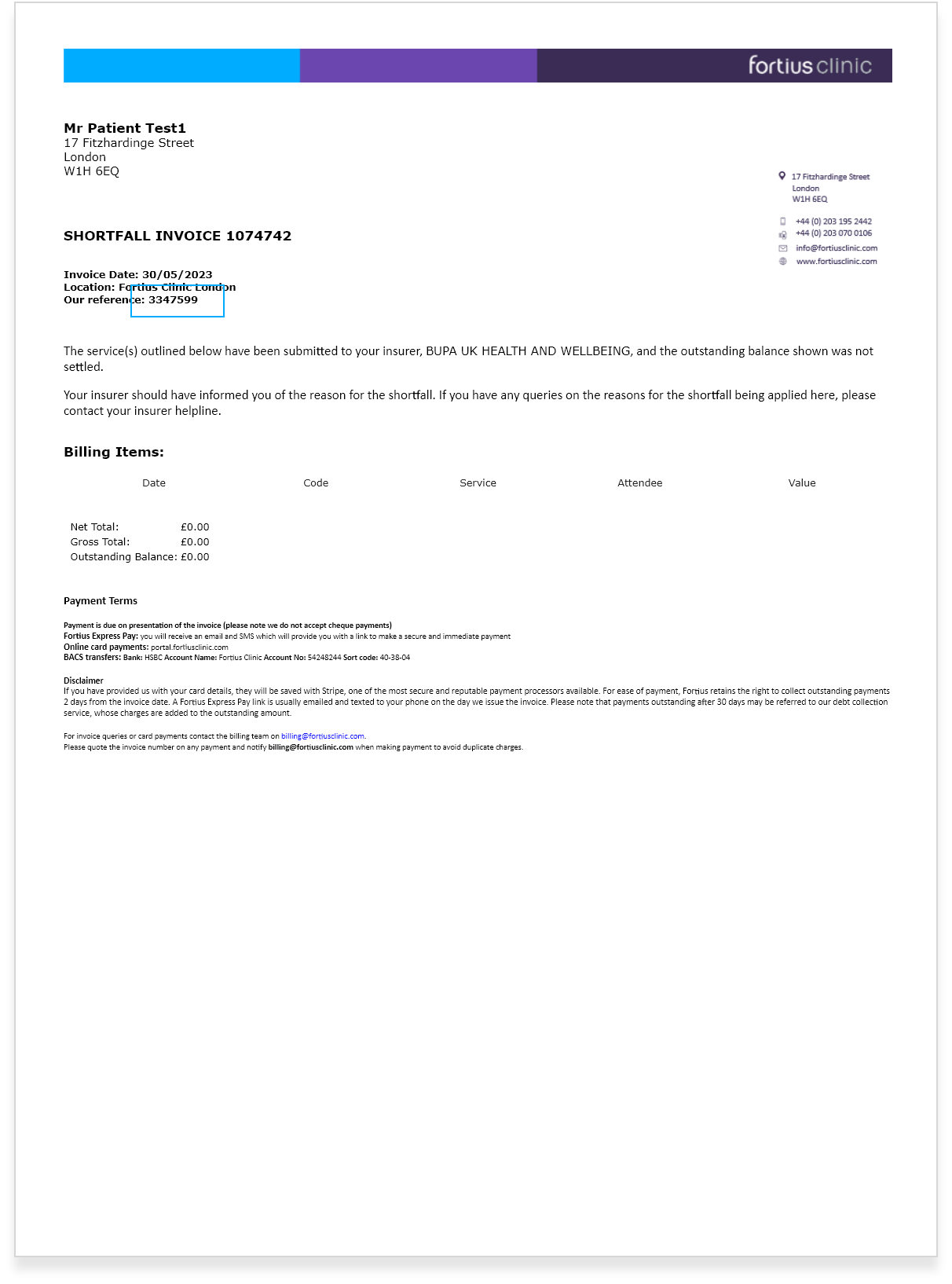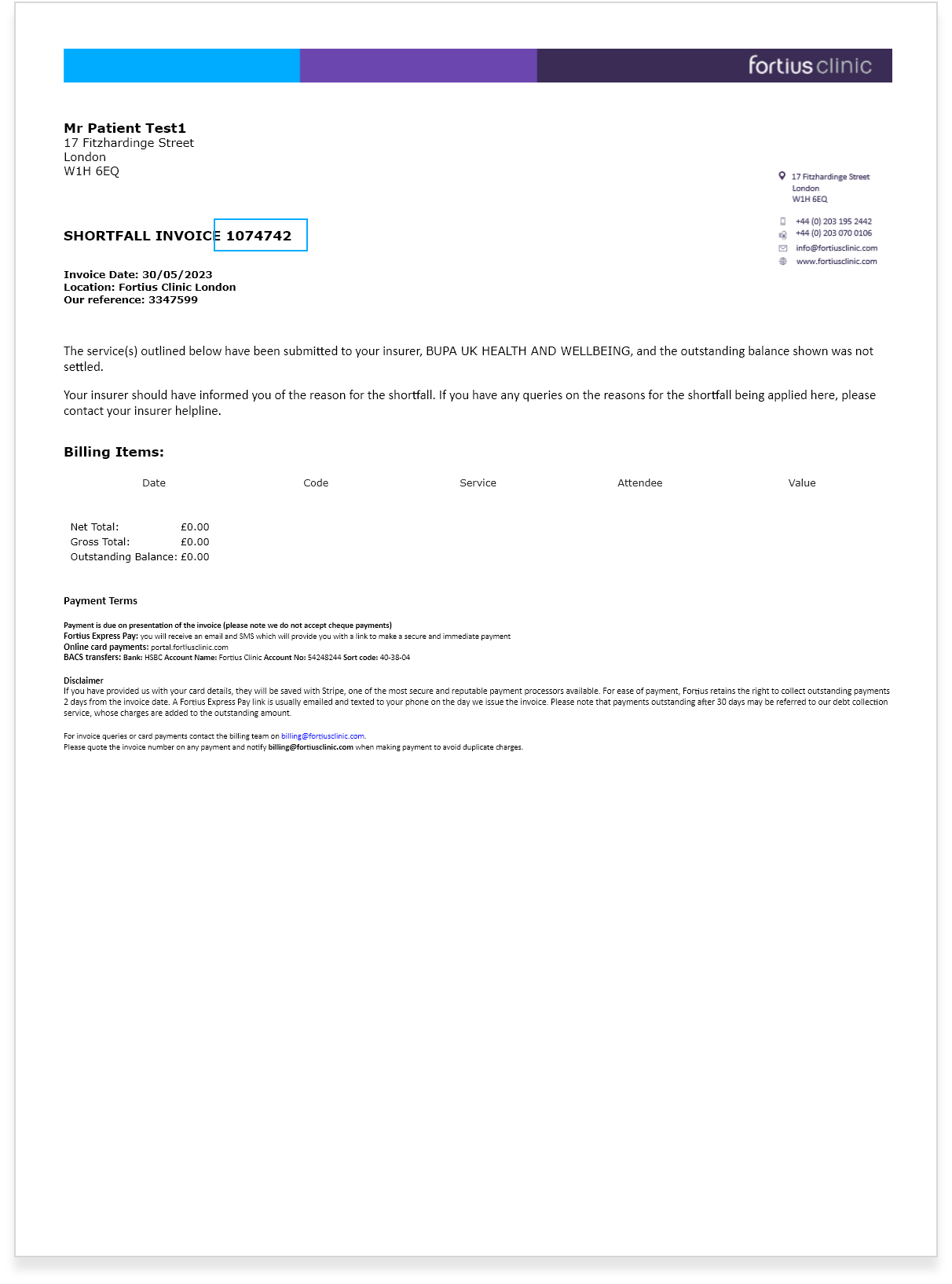Concussion/head injury
What is the difference between concussion, head injury and traumatic brain injury?
Most non specialists refer to the terms concussion, head injury and traumatic brain injury (TBI) interchangeably. All three terms refer to a TBI, with concussion being a commonly used term for a mild TBI. While the terms head injury and TBI mean the same thing, specialists will refer to the injury as a TBI.
How is a TBI caused?
A TBI occurs when the head hits an object or the head is exposed to rotational forces. A TBI can be caused by road traffic collisions, assaults, falls, or any other event that causes the head to either hit or be hit by an object. Mild TBI is most commonly seen in contact sports.
What are the symptoms of a TBI?
Frequent symptoms consist of headaches, vertigo and fatigue. Symptoms of cognitive slowing (brain fog), rapid mood changes, low mood, difficulty concentrating and difficulty multi-tasking can also commonly occur. Balance issues and sensory/motor symptoms in the arms and legs can develop in more severe cases. A moderate-severe TBI can cause catastrophic injury to speech, swallowing, cognition, movement and consciousness in very severe cases.
How is a TBI diagnosed?
The diagnosis is holistic, involving both clinical history and examination paired with imaging of the brain. You will undergo an indepth bespoke clinical assessment and an MRI of the brain. The combination of these will enable your consultant to classify the TBI (The Mayo classification classifies the TBI into either mild TBI or moderate-severe TBI).
How is a TBI treated?
A holistic and bespoke treatment plan will be developed by your consultant. This can include specialist inter-disciplinary neurorehabilitation involving a therapy team consisting of a neuro-physiotherapist, a neuro-occupational therapist, a neuro-speech and language therapist and a neuropsychologist. Complications such as mood disorders may require more bespoke treatment such as cognitive behavioural therapy.
How long does it take to recover from a TBI?
How long it takes to recover depends on the severity of the TBI. If there are imaging abnormalities (for example contusions, bleeding either on the brain or outside the brain) then the symptoms may take longer to improve. The vast majority of symptoms of a mild TBI usually settle in a matter of months. Each case is different and factors such as age, baseline fitness, type of injury, general overall health and family history all mean that each person has an individual trajectory of recovery.
Important: the varied nature of TBI means that your consultant will develop a bespoke diagnostic and treatment plan for you.


